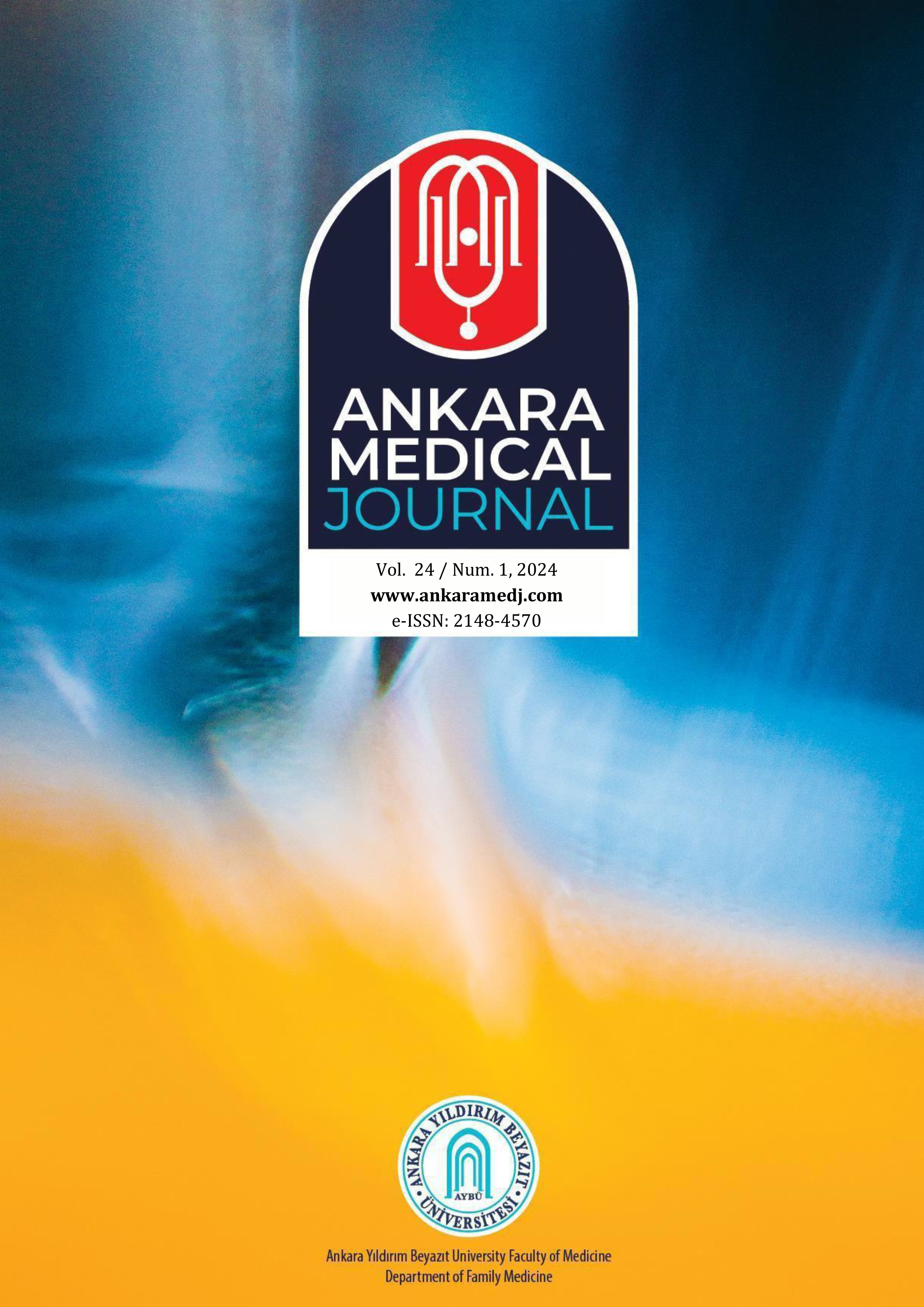Evaluation of Knowledge Level and Approaches of Physicians Working in Primary Health Care Institutions in Denizli Province on Diabetic Neuropathy
Mahmut Tanırlar1, Mehmet Arslan2, Tamer Edirne2, Nilüfer Emre2, Aysun Özşahin21Gülağaç District State Hospital, Aksaray, Turkey2Department of Family Medicine, Pamukkale University Faculty of Medicine, Denizli, Turkey
INTRODUCTION: Diabetic neuropathy is a complication seen in diabetic patients and involves motor, sensory or autonomic nerve fibers due to minor vessel damage. This study was planned to determine the knowledge and awareness levels of physicians working in family health centers about diabetic neuropathy and their approach to diabetic neuropathy.
METHODS: Our study is a cross-sectional descriptive study conducted in 111 family health centers. Two hundred seventy-nine physicians were included in the study, and 219 physicians (78.49%) agreed to participate in the study. The researchers created the questionnaire form by conducting a literature review. The data were obtained by survey method under supervision.
RESULTS: Of the 219 people participating in the study, 70.78% (n = 155) were male and 6.85% (n = 15) were family medicine specialists. 94.06% of the participants (n=206) gave the optimal glycemic control response as the most effective method to prevent diabetic neuropathy and delay its progression. 74.42% of the participants (n = 163) stated that they did not use any diabetic neuropathy diagnosis and screening tests in their daily practice. 31% (n = 68) of the participants stated that their level of knowledge of diabetic neuropathy was either poor or very poor. 89.49% (n = 196) of the participants stated that they needed training on diabetic neuropathy. Those who rely on their knowledge and clinical experience in diagnosing, monitoring, and treating diabetic neuropathy were 44.29% of the participants (n = 97).
DISCUSSION AND CONCLUSION: As a result, although the rate of those who correctly knew the primary and secondary prevention of diabetic neuropathy was found to be high among the physicians participating in our study, it was determined that the diabetic neuropathy knowledge level of the participating physicians was insufficient. Simple tests and methods for physicians working in primary care should be included in the daily polyclinic routine.
Corresponding Author: Mehmet Arslan, Türkiye
Manuscript Language: English
(352 downloaded)





